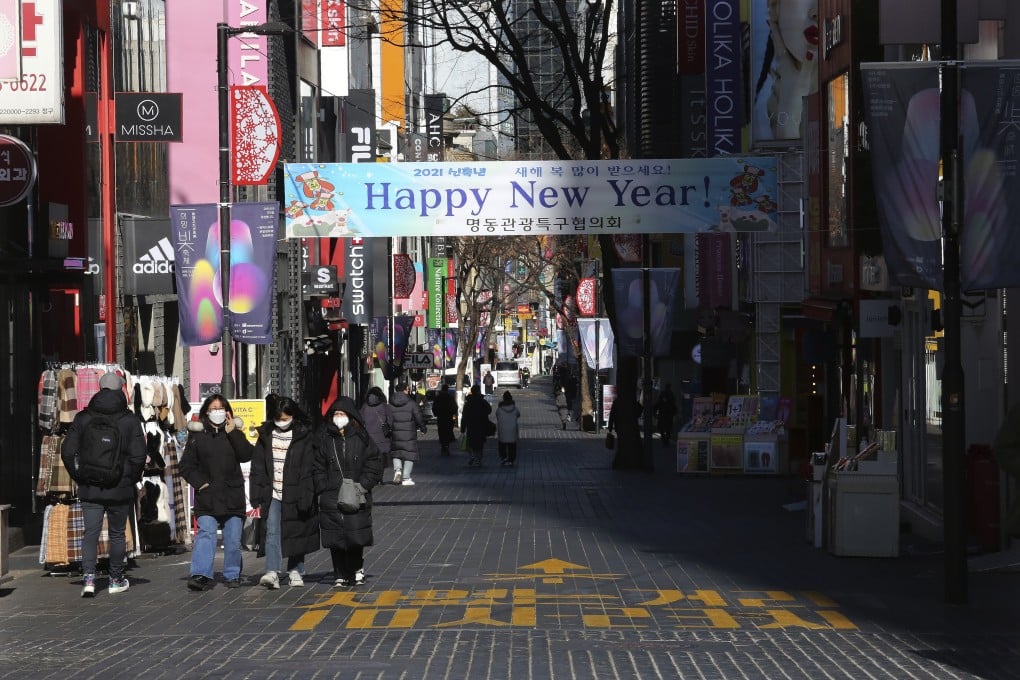South Korea’s population shrinks for first time ever, with trend expected to worsen amid Covid-19
- The country with the lowest fertility rate worldwide had 20,838 fewer people living there at the end of 2020 than a year earlier, the latest census data showed
- Rising unemployment, mounting housing costs and other financial burdens associated with having children have been blamed for the low birth rate

There were 20,838 fewer people living in South Korea at the end of 2020 than there had been a year earlier, the latest census data from the Ministry of Interior and Safety showed, as a declining birth rate failed to make up for the number of deaths recorded in the country last year.
Births were down 10.65 per cent year on year, with 275,815 recorded in 2020, while deaths were up 3.1 per cent to 307,764, the data showed. South Korea’s population now stands at just under 51.83 million.
“This is worse than expected,” said Choi Jin-ho, a professor of sociology at Ajou University in Suwon, south of Seoul. “And due to the aftermath of the Covid-19 pandemic, the number of births in the new year is feared to fall further.”
Choi said rising unemployment, mounting housing costs and other financial burdens associated with having children had deterred many young Koreans from marrying or starting a family over the past year. Official projections had put the average number of births in South Korea between 2020 and 2025 at 297,000, but last year’s actual births came up short by more than 20,000.
The ministry said in a statement that it was the first time that “the number of newborn babies failed to make up for the number of deaths” since the country started collecting population data after the end of the Korean war in 1953.
